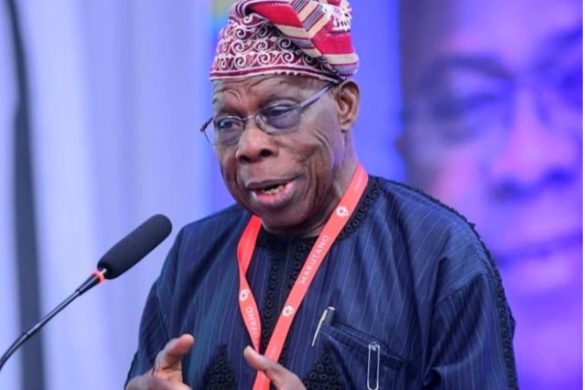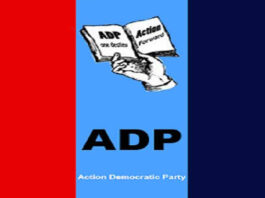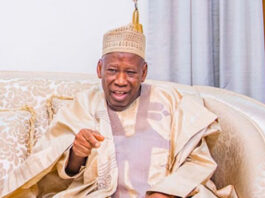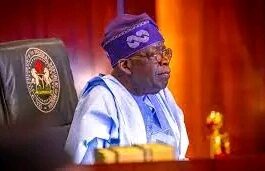Former President Olusegun Obasanjo has called for the immediate removal of the Chairman of the Independent National Electoral Commission (INEC), Mahmood Yakubu, and other officials at federal, state, and local levels as part of sweeping electoral reforms in Nigeria.
Obasanjo made this demand during the Chinua Achebe Leadership Forum held at Yale University, United States. The annual event celebrates the legacy of Chinua Achebe, the globally acclaimed Nigerian author.
In a pre-recorded address titled “Leadership Failure and State Capture in Nigeria” presented at the forum, Obasanjo described Nigeria’s 2023 general election as a “travesty” and criticized INEC’s handling of the process.
“As a matter of urgency, we must ensure the INEC Chairperson and their staff are thoroughly vetted,” he stated. “This vetting must produce non-partisan actors with impeccable reputations. Nigeria requires credible INEC leadership across federal, state, and local levels, with short tenures to reduce political influence and corruption while restoring citizens’ trust in the electoral system.”
Obasanjo Criticizes INEC’s 2023 Performance
Obasanjo accused the electoral body of deliberately neglecting the use of the Bimodal Voter Accreditation System (BVAS) and the INEC Election Result Viewing Portal (IReV) during the presidential election, contrary to assurances by Mr. Yakubu.
“These two technological innovations, celebrated for their potential to enhance transparency and eliminate rigging, were deliberately sidelined,” Obasanjo argued. “INEC didn’t fail because the tools were inadequate; it failed because it chose not to use them, thereby enabling widespread irregularities. It was a case of inviting the fox into the henhouse.”
The IReV platform, a key tool for transparency, malfunctioned during the presidential polls, which INEC attributed to technical glitches. However, this failure became central to post-election litigation, although both the Presidential Election Petition Tribunal and the Supreme Court dismissed the cases.
A separate investigative report revealed that Peter Obi, the Labour Party’s presidential candidate, won the election in Rivers State based on IReV data. Yet, INEC declared Tinubu the winner in the state, sparking further criticisms.
Obasanjo Advocates Comprehensive Reform
Highlighting the need for accountability, Obasanjo called for the cancellation of results that fail the “credibility and transparency test.” He emphasized that the credibility of future elections depends on appointing independent and incorruptible leaders to oversee the process.
“The INEC Chairperson must not only be above reproach but must also be transparently independent and incorruptible,” he said.
INEC has faced additional criticism for its conduct in the recent Edo State off-cycle governorship election and for alleged partisanship in appointing Resident Electoral Commissioners. Notably, four nominees in President Tinubu’s recent appointments were reportedly linked to the ruling All Progressives Congress (APC).
Historical Context
While advocating for reforms, Obasanjo’s tenure as president has also been scrutinized. The 2003 and 2007 elections under his administration were widely condemned as some of the worst in Nigeria’s history. Umaru Musa Yar’Adua, who emerged as president in 2007, acknowledged the flawed process and initiated electoral reforms before his death in 2010. His successor, Goodluck Jonathan, continued these reforms.
INEC Chairman Mahmood Yakubu, appointed by former President Muhammadu Buhari in 2015 and reappointed in 2020, is set to complete his tenure next year.




